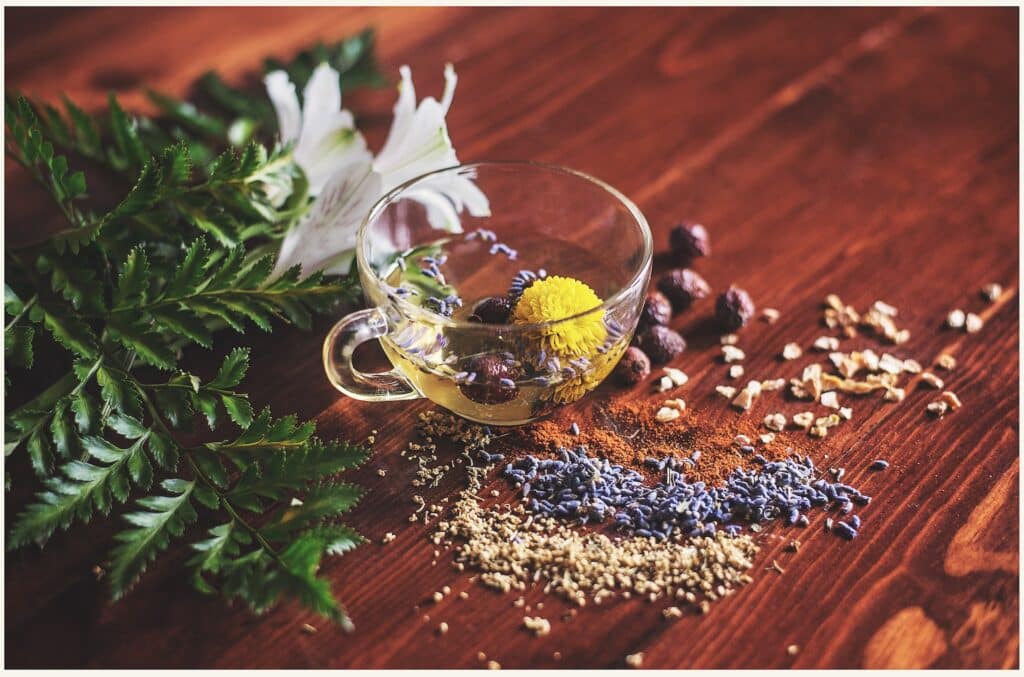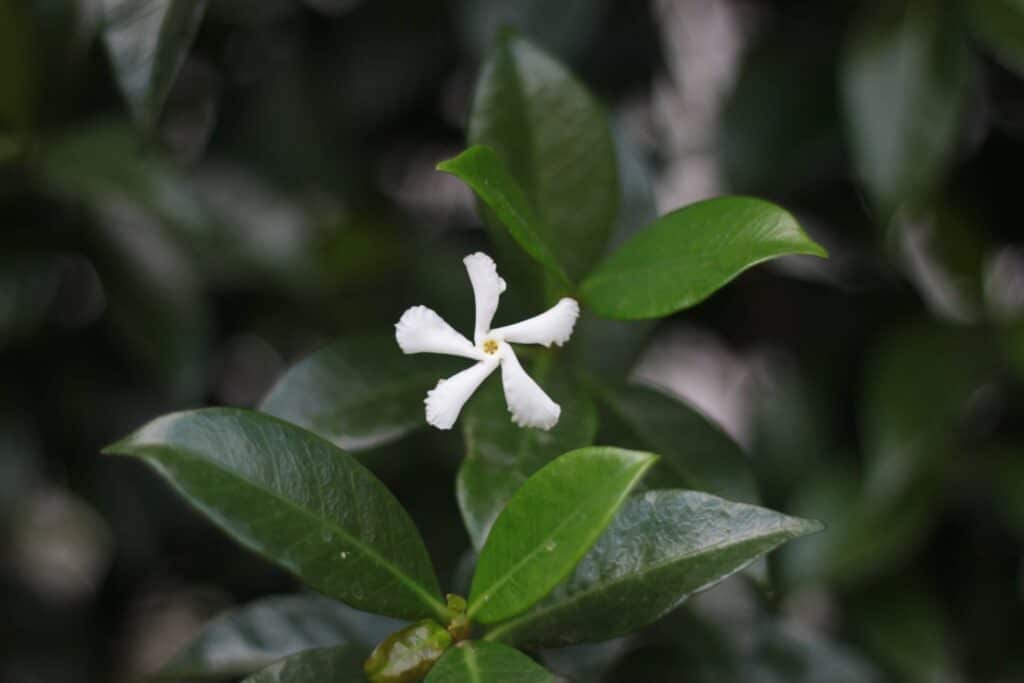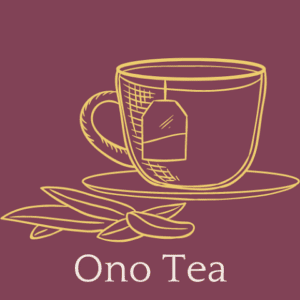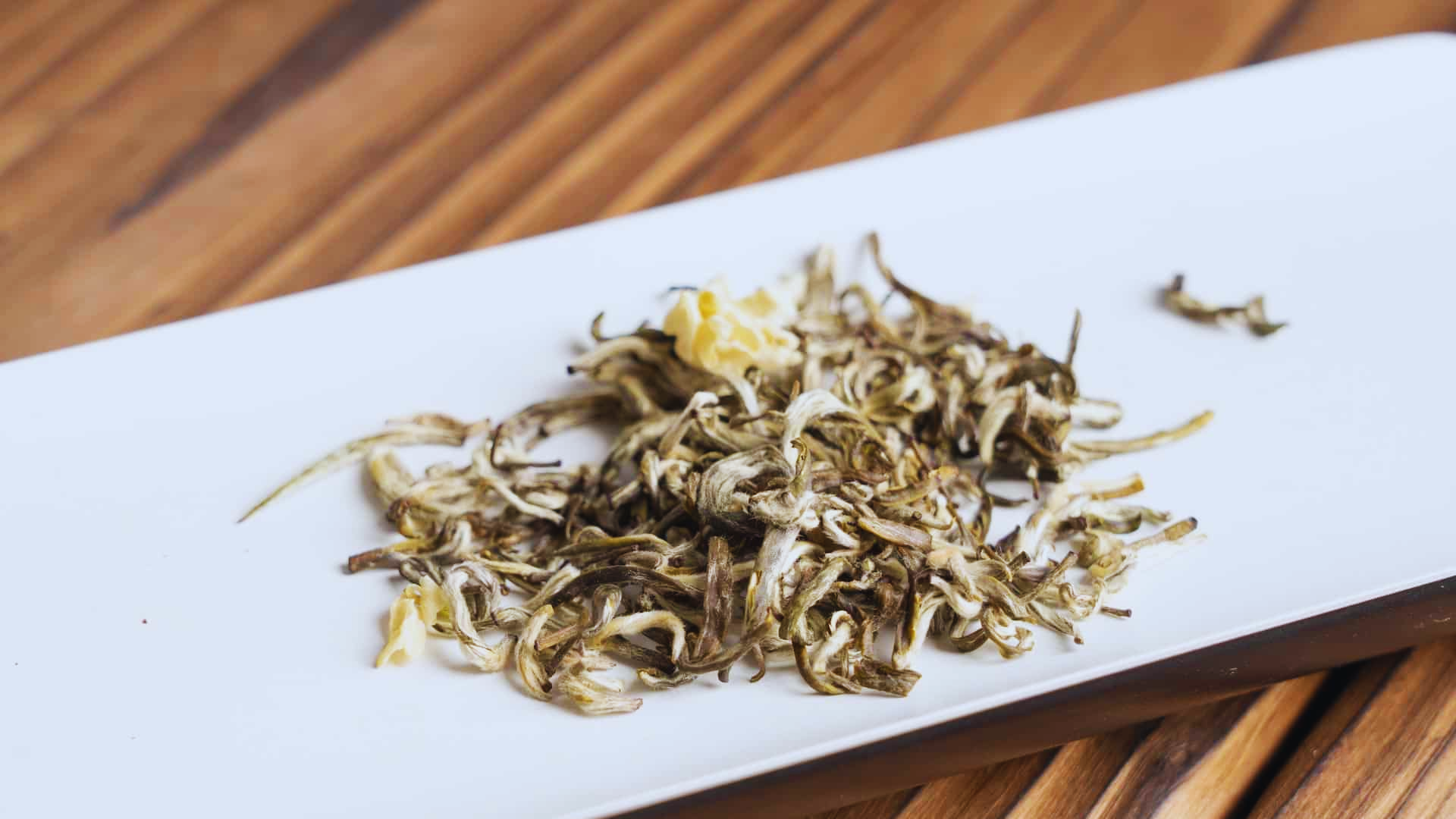Jasmine milk tea is a popular drink that combines the light floral scent of Jasmine tea with the rich, creamy texture of milk. It has been consumed in China and other areas of Asia for millennia and has lately acquired favor in the West.
If you’re wondering about the flavor of jasmine milk tea or want to learn more about this possibly healthy beverage, you’re at the correct spot. Jasmine tea has a taste that is flowery, mild, and somewhat sweet. However, the kind of tea you’re drinking and the brewing quality can significantly impact this.
In this post, we’ll examine the ingredients and brewing procedure, discuss its taste profile and possible health advantages, and offer advice on making and customizing this delicious beverage at home.
What Is Jasmine Milk Tea?
Jasmine milk tea is a type of tea that is made by combining Jasmine tea with milk. Jasmine tea is a fragrant tea made by blending tea leaves with Jasmine flowers, infusing the otherwise green tea leaves with a delicate floral aroma and flavor. Adding milk to the tea creates a creamy and satisfying beverage you can enjoy, hot or cold.
You will need Jasmine tea leaves, milk (dairy or non-dairy), and water to make Jasmine milk tea. The tea leaves are first steeped in hot water for several minutes to release their flavor and aroma. Then, the tea is combined with milk and any additional sweeteners or flavorings, such as honey or vanilla, to taste.
There are many different varieties of Jasmine milk tea, each with its own unique flavor profile and brewing method. Some varieties use black tea as the base, while others use green or white tea. The type and quality of tea leaves used can also significantly impact the finished beverage’s flavor. Additionally, different types of milk, such as whole milk, almond milk, or coconut milk, can be used to create different textures and flavor profiles.
Overall, jasmine milk tea is a delicious and versatile beverage you can enjoy in many ways. Whether you prefer hot or iced, sweetened or unsweetened, there is a Jasmine milk tea recipe to suit your tastes.

What Does Jasmine Bubble Tea Taste Like?
It would be hard to try to describe the unique and utterly enticing flavor of jasmine milk tea. Combining the subtle sweetness and floral aroma of jasmine tea with the thick, creamy texture of milk yields this delicious beverage.
Depending on the kind of tea leaves used and the freshness of the jasmine blooms, jasmine milk tea may taste more or less floral—light and energizing with a sweet and tangy flavor.
When correctly made, jasmine milk tea is a cooling and silky beverage that may be savored on a hot day or eaten as comfort food on a cold one. Consume it alone or increase the enjoyment of jasmine green tea by adding a savory or sweet dish.
If you adore tea, you’ll appreciate the distinct flavor of jasmine milk tea, which combines a floral sweetness with a thick, creamy mouthfeel. If you have yet to try it, you’re missing out on one of the most satisfying beverages.
The Taste Profile of Jasmine Milk Tea
• Aroma
The scent of Jasmine Milk Tea is one of this tea’s most distinguishing characteristics. The tea is blended with the scent of jasmine blossoms, giving it a distinctive floral aroma. The smell of this drink is incredibly soothing and pleasant, making it a great choice for a soothing drink.
• Sweetness
The jasmine petals provide a natural sweetness to Jasmine Milk Tea. The milk added to the jasmine black tea imparts a creamy richness that complements its flowery overtones. The sweetness is not overbearing, making it an ideal beverage for those who dislike sweet drinks.
• Creaminess
Adding milk gives Jasmine Milk Tea a creamy texture, making it a luxurious and pleasant beverage. The smoothness of the milk adds to the overall floral taste of the drink by going well with the floral tones of the tea.
• Floral Accents
Jasmine blossoms provide a distinctive floral flavor to Jasmine Milk Tea. Perfect for tea enthusiasts, the taste is light and refreshing with a subtle sweetness. The flowery aromas of the tea have a relaxing effect, making it an excellent beverage for relaxation.
• Earthy Tone
The tea leaves provide a mild earthy taste to jasmine milk tea. Its flavor complements the flowery and sweet tones of the tea, giving it a well-rounded flavor. The drink’s earthy overtones are not overbearing, making it ideal for those who like subtler tastes.

Variations of Jasmine Milk Tea
While classic Jasmine milk tea is brewed with Jasmine tea leaves and milk, other versions of this famous beverage exist to explore. Here are a few instances:
Jasmine Green Milk Tea: This variant of Jasmine Milk Tea uses green tea instead of black tea, resulting in a lighter and more delicate taste. It is an excellent choice for individuals who like a softer flavor.
Jasmine Boba Milk Tea: This type of jasmine milk tea, often known as bubble tea, has tapioca pearls in the bottom of the glass. The chewy pearls lend a unique texture to the beverage.
Jasmine Honey Milk Tea: Adding honey to Jasmine Milk Tea may provide excellent natural sweetness. You may modify the quantity of honey to taste, but be cautious not to overdo it.
Jasmine Coconut Milk Tea: Coconut milk is an excellent non-dairy substitute for conventional milk. It imparts a nutty and creamy taste that complements the flowery aromas of jasmine tea.
Jasmine Milk Tea with Matcha: Matcha is a form of powdered green tea renowned for its vivid green hue and robust taste. Mixing it with jasmine tea and milk produces a unique and tasty beverage for tea connoisseurs.
These are but a handful of the many types of jasmine that you may explore. Feel free to experiment with various kinds of tea, milk, sweeteners, and flavorings to make your own version of this delectable drink.
Benefits of Jasmine Milk Tea
Studies have shown that jasmine tea has a calming effect that might help you unwind and relax. Because the jasmine flower has a unique chemical called l-theanine, jasmine tea may help with stress and anxiety.
Studies have shown that drinking jasmine tea might help you stay awake and focused. Caffeine, found in small to moderate amounts in black and white tea, is known to promote alertness and vigor.
Evidence shows that drinking green tea may help keep you healthy and even strengthen your immune system. Catechins found in these are effective against respiratory infections like the flu and the common cold.
All three types of plain jasmine tea—black, green, and white—have anti-inflammatory properties. A cup of jasmine tea is calming and may help with minor aches and pains and chronic inflammatory disorders like arthritis.
In addition to improving digestion, jasmine tea has been shown to calm an upset stomach. In addition to calming an upset stomach, drinking this tea is an excellent way to keep yourself hydrated.
Regardless of the production method, all teas derived from the Camellia sinensis plant are rich in antioxidants. Free radicals can harm cells, but antioxidants shield them from this damage. They may also have a role in warding off some cancers.

How to Make Jasmine Milk Tea
Making jasmine milk tea is relatively simple and can be done in just a few steps. Here’s how to make your own delicious jasmine milk tea at home:
Ingredients:
- Two teaspoons of loose-leaf Jasmine tea or two Jasmine tea bags
- One cup of water
- 1/2 cup of milk (you can use any type of milk you like)
- 1-2 teaspoons of honey (optional)
Instructions:
- Bring one cup of water to a boil in a small saucepan.
- Once the water is boiling, remove it from the heat and add the loose-leaf Jasmine tea or tea bags to the pot.
- Steep the tea for 2-3 minutes or until the water turns a light golden color and has a fragrant Jasmine aroma.
- While the tea is steeping, heat 1/2 cup of milk in a separate saucepan over medium heat until it begins to steam.
- Once the tea is done steeping, strain out the loose leaves or remove the tea bags from the pot.
- Pour the hot tea into a large mug or teapot.
- Add the hot milk to the tea, stirring gently to combine.
- If desired, add honey or any other sweetener to taste.
- Serve hot, and enjoy.
Frequently Asked Questions (FAQS)
1. Is there caffeine in jasmine tea?
As there are many kinds of jasmine tea, including green, white, and black, the quantity of caffeine in each brew might vary. Black tea has around 40 to 70 milligrams of caffeine per 8-ounce serving, whereas coffee has about 100 to 200 milligrams. Comparatively, a cup of green tea contains the least caffeine, at 35 to 45 milligrams, while a cup of oolong tea has the most, at 37 to 45 milligrams.
2. Is it safe to drink jasmine tea while pregnant?
Some people say that the aroma of jasmine tea might cause premature labor in certain women; thus, pregnant women should avoid it.
Although this may be a myth, jasmine tea is perfectly safe for everyone. Nevertheless, excessive caffeine use has been linked to congenital disabilities, so moderation is key.
3. Are flower petals present in jasmine tea?
Historically, the petals of the jasmine flower itself were used to make jasmine tea. While you may still get prepared in this traditional manner, it is not as widely accessible and often costs more than the more modern types that employ essential oils to impart their aroma.
Conclusion
The delicious and aromatic Jasmine milk tea also offers several health benefits. Research suggests that its antioxidants might boost immunity and reduce inflammation and that its calming qualities can aid with stress and anxiety. And because of the numerous ways it may be prepared and served, every cup of Jasmine Milk Tea is unique.
If you are a fan of beverages, hot or cold Jasmine milk tea is a beverage you must try. Hence, the next time you’re looking for a healthy and stimulating drink, jasmine milk tea should be at the top of your list.
Resources
- Neuroprotective and Anti-Aging Potentials of Essential Oils from Aromatic and Medicinal Plants – PMC (nih.gov)
- Sedative effects of the jasmine tea odor and (R)-(-)-linalool, one of its major odor components, on autonomic nerve activity and mood states – PubMed (nih.gov)
- https://www.verywellfit.com/jasmine-tea-benefits-and-side-effects-4163419

